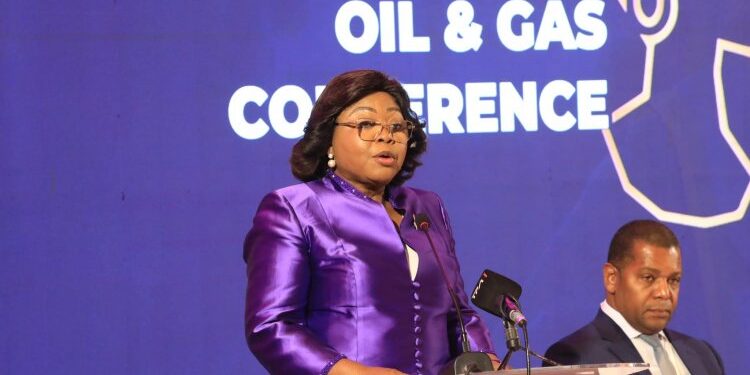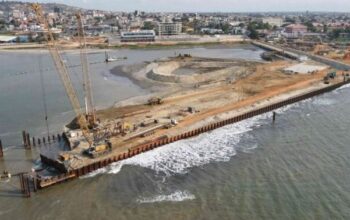The Vice President of Angola, Esperanca da Costa, emphasized the importance of gender equality in the oil, gas, and minerals sectors during the opening of the “Women in Mining, Oil & Gas” conference.
She urged companies operating in these industries to intensify their efforts to enhance women’s participation.
In her remarks, da Costa highlighted that estimates from the country’s regulatory agency and other stakeholders indicate that women currently make up only about 14% of the oil sector’s workforce, with a mere 4% holding leadership positions.
To improve these statistics, she encouraged companies and operators in the mining, oil, and gas sectors to rigorously analyze existing barriers to women’s employment and implement strategies aimed at achieving equity.
Da Costa stressed that gender equality is not only a matter of principle but also a fundamental human right that the government prioritizes.
She cautioned that the call for increased female participation should not be viewed merely as a means to meet quotas; rather, it reflects women’s proven capability to transform organizations through their perseverance, solidarity, and high levels of responsibility.
She also noted that Angola has previously appointed a Minister of Petroleum who has performed admirably.
The Vice President outlined the government’s commitment to promoting diversity and equality, citing that women now occupy over 40% of political and leadership roles in the country.
As part of efforts to diversify the national economy, she mentioned that the government has initiated significant reforms in the oil, gas, and biofuels sectors, creating a more robust environment for investment and job creation.
However, da Costa acknowledged that institutional and gender-specific barriers still hinder women’s empowerment and full participation in society and industry.
She expressed concern over the declining number of women graduating in Science, Technology, Engineering, and Mathematics (STEM) fields, especially as jobs in these areas are crucial for innovation and economic growth.
To counter this trend, the government has increased scholarships aimed at encouraging more women to pursue STEM education.
“I challenge all national and international companies to implement programs that significantly increase the number of women trained in STEM fields, enabling them to contribute meaningfully to the sector’s development,” she stated.
Additionally, Janio Victor, Secretary of State for Mineral Resources, recognized that women have increasingly taken on leadership roles due to their competence, resilience, and vision.
He underscored the importance of women in driving sustainable development in the mining, oil, and gas sectors, which are vital to the national economy.
The conference attracted industry leaders, experts, government representatives, professionals, students, and over ten women’s associations from more than 15 countries to discuss gender equality and promote women’s voices, access to opportunities, and leadership in these critical industries.
![]()




